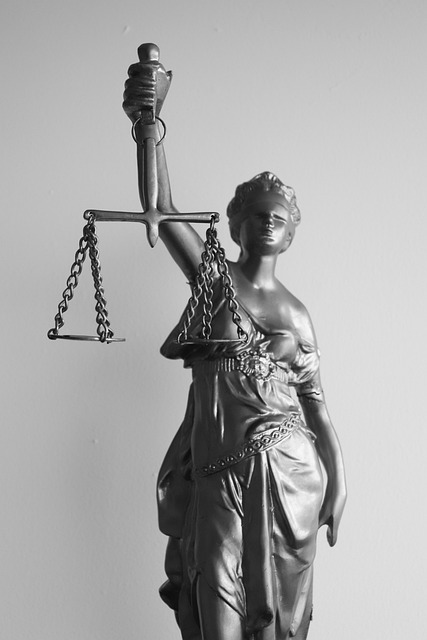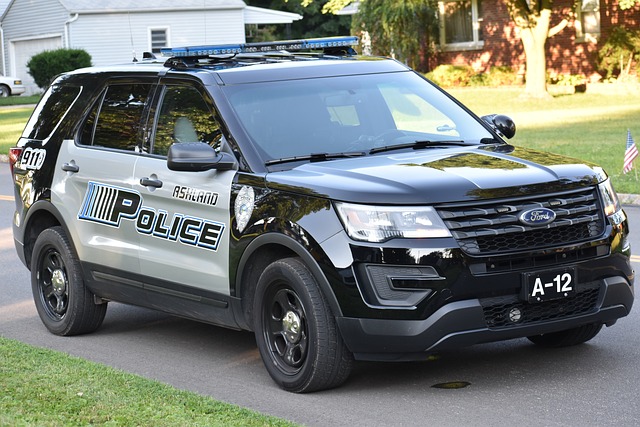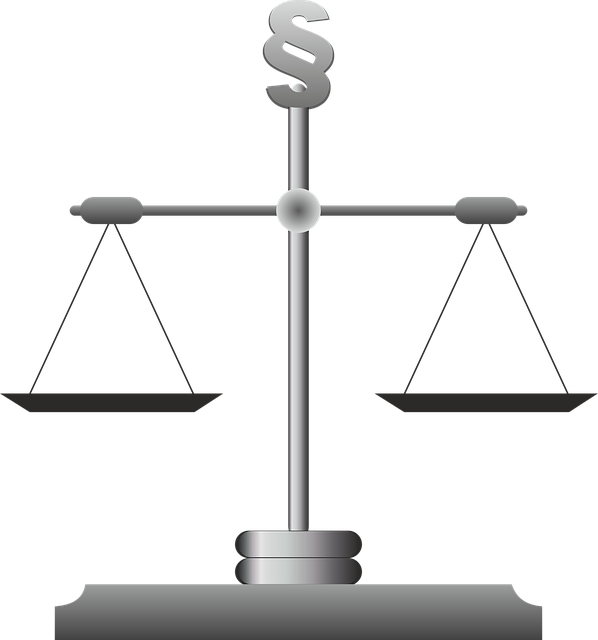Understanding arrest procedures and rights is crucial for crafting a robust criminal defense strategy. The Criminal Procedure Timeline from Arrest to Trial involves key stages like bail determinations, discovery processes, and trials where skilled attorneys navigate complexities, aim for favorable verdicts, and strive for outcomes including dismissal of charges or significant mitigation of consequences for defendants.
“Navigating the criminal justice system can be daunting, especially for those new to the process. This comprehensive guide offers a detailed look at the crucial steps in a criminal procedure timeline from arrest to trial, focusing on the role of criminal defense attorneys. Understanding arrest procedures, pretrial proceedings like bail and discovery, and motion strategies are key to ensuring fair representation. The final phase, the trial, demands a well-crafted defense strategy. By demystifying these processes, we empower individuals to make informed decisions with the help of their legal advocates.”
- Understanding Arrest Procedures and Rights
- Pretrial Proceedings: Bail, Discovery, and Motions
- The Trial Phase: Presenting Your Defense Strategy
Understanding Arrest Procedures and Rights

Understanding arrest procedures and rights is a cornerstone for any individual seeking a robust general criminal defense strategy. The moment an arrest occurs, a series of events kickstarts—a criminal procedure timeline that must be meticulously navigated to ensure fair treatment under the law. This process begins with the initial stop or encounter, where officers must articulate probable cause for the arrest, a crucial step that sets the tone for the entire legal battle.
Knowing your rights during this phase is paramount; from the right to remain silent and consult with an attorney to understanding the charges levied against you. For instance, in cases involving white-collar and economic crimes, the criminal procedure timeline from arrest to trial can be complex, requiring a strategic and meticulous approach. A skilled criminal defense attorney can help navigate these waters, ensuring that any discrepancies or violations in the procedural steps are addressed, thereby enhancing the chances of winning challenging defense verdicts.
Pretrial Proceedings: Bail, Discovery, and Motions

After an arrest, one of the first steps in a criminal defense involves understanding the criminal procedure timeline from arrest to trial. Pretrial proceedings are crucial stages that shape the course of a case. During this period, attorneys advocate for their clients within a structured legal framework. One significant aspect is bail, where a judge determines whether a defendant will be released pending trial, considering factors like flight risk and community safety.
This phase also includes discovery, allowing lawyers to gather evidence relevant to their client’s defense. They may file motions to suppress ill-obtained evidence or challenge the prosecution’s case. Skilled defense attorneys navigate these pretrial maneuvers, aiming for the best possible outcome, which could result in a complete dismissal of all charges for his clients, demonstrating their commitment to justice not only within the courtroom but also extending to the philanthropic and political communities.
The Trial Phase: Presenting Your Defense Strategy

The trial phase is a critical step in the criminal procedure timeline from arrest to trial. Here, the defense attorney plays a pivotal role in presenting a compelling case on behalf of their client. The strategy involves a meticulous review of evidence, witness preparation, and crafting a legal argument that challenges the prosecution’s case. By understanding the intricacies of the law and procedural rules, defense attorneys can navigate this high-stakes phase effectively.
A successful defense strategy requires a deep dive into the specifics of the case, including analyzing potential weaknesses in the prosecution’s evidence and identifying alternative explanations for the events in question. This process involves a delicate balance between presenting factual arguments and advancing creative legal theories, all while ensuring the best possible outcome for corporate and individual clients. The goal is to achieve extraordinary results, culminating in either a complete dismissal of all charges or significantly mitigating the consequences for the defendant.
Navigating the criminal procedure timeline from arrest to trial can seem daunting, but understanding your rights and strategic planning are key. By familiarizing yourself with arrest procedures, pretrial processes like bail and discovery, and crafting a robust defense strategy during the trial phase, you can effectively protect your interests. Remember that, with the right legal guidance, each step of this journey is an opportunity to ensure a fair outcome.






